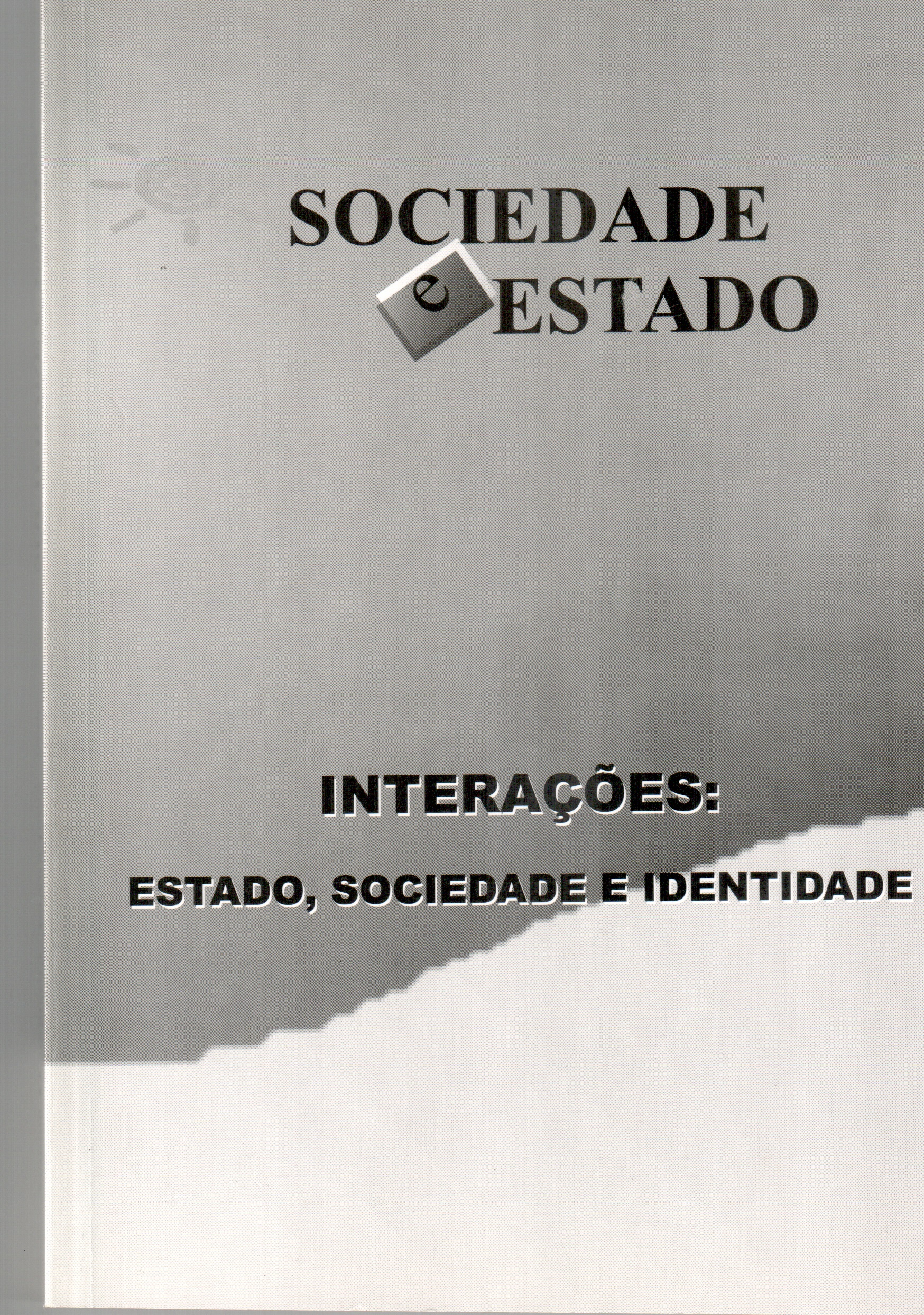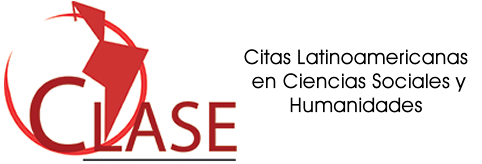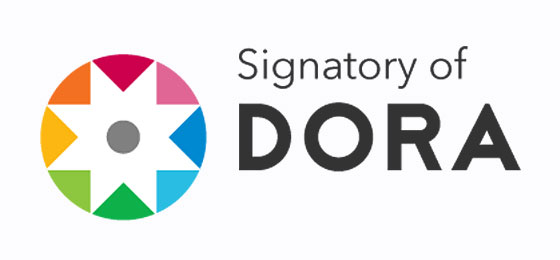Propaganda política através do rádio nas eleições gerais de 1994 no Brasil: modelos de influência social
Keywords:
Propaganda eleitoral, estratégias políticas, influência social, Plano Real, eleições de 1994Abstract
This study presents some results of research on official campaign broadcasting and its repercussions in society. Three types of self- presentation/social representations of candidates were observed: individual qualities (majority group and personal traits), popular identification (nationalism, trade unionism and other minority contents), leadership (rigidity and flexibility). The candidates strategies were mainly to converge or diverge regarding the themes proposed by relevant opponents, to the detriment of political culture developed by society, which representedpolitical proposals in a different way. Plano Real is discussed as a trigger social desires and aspirations, impeding another possible explanations.
Downloads
References
Bardin, L. (1992) / ’Analyse de contenu. Paris: Presses Universitaires de France. Bobbio, N. (1995) Direita e esquerda. Razões e significados de uma distinção política. São Paulo: Editora UNESP.
Bourdieu, P. (979) La distinction. Paris: Minuit.
Charaudeau, P. e Ghiglione, R. (1993) Le talk-show: un mythe de la démocratie? Relatório de pesquisa do Groupe de Recherche sur la Parole, Université Paris VIII.
D’Amorim, M.A., Oliveira, R.M., Gonçalves, F.A.S. & Melo, C.S. (1991) A imagem do político brasileiro: três anos depois. Psicologia: Teoria e Pesquisa, 7,13-24.
French, J.R.P. e Raven, B.H. (1959) The bases of social power. In D. Cartwright (Org.) Studies in social power (pp. 118-149). Ann Arbor: University of Michigan Press.
Hobsbawm, E. (1994) Era dos extremos. O breve século XX: 1914-1991. São Paulo: Editora Schwarcz Ltda.
Hovland, C.I., Lumsdaine, A.A. e Sheffield, F.D. (1949) Experiments on mass communication. Princeton: Princeton University Press.
Kelman, H.C. (1958) Compliance, identification and internalization: three processes of attitude change, Journal of Conflict Resolution, 2, 51-60.
Kennan, N. e Hadley, M.( 1986) The creation of political leaders in the context of American politics in the 1970's and 1980‘s. In C.F. Graumann e S. Moscovici (Org.), Changing conceptions of leadership. New York: Springer-Verlag.
Lewin, K. (1948) Resolving social con/J/cis Nova York: Harper & Row.
Moscovici, S. (1976) Social influence and social change. Londres: Academic Press.
Moscovici, S. (1980) Toward a theory of conversion behavior, Ar/vances in experimental social psychology, (Vol. 13). Nova York: Academic Press.
Moscovici, S. (1981) L 'âge desfoules. Paris: Fayard.
Oliveira, F. (1995) Quem tem medo da governabilidade?, Novos Estudos CEBRAP,41, 61-7.
Paicheler, G (1985) Psychologie des influences sociales. Neuchâtel-Paris: Delachaux & Nestlé.
Rodrigues, A., Lobel, S.A., Jablonski, B., Momierat, M., Corga, D., Diamico, K., Pereira, M. e. Ferraz, A. (1988) Imagem do político brasileiro. Psicologia: Teoria e Pesquisa,
1-
Souza Filho, E.A. de (1994) Influência social de candidatos em eleição presidencial no Brasil, Psicologia: Teoria e Pesquisa, 10,453-465.
Souza Filho, E.A. de (1995) Representation and action in the ontogenesis ofthe political life. Comunicação apresentada no Symposium on social representations, Mustio, Finlândia.
Tajfel, H. (1978) Differentiation between social groups. Londres: Academic Press.
Weber, M. (1978) Tvpes d’autorité. In A. Levy ( Org.) Psychologie sociale. Textes fondamentaux anglais et américains, Vol 2. Paris: Dunod.
Wolton, D. (1989) A comunicação política - construção de mu modelo, Papéis Avulsos, 11.1-22.
Downloads
Published
How to Cite
Issue
Section
License
Copyright (c) 2022 Revista Sociedade e Estado

This work is licensed under a Creative Commons Attribution-NonCommercial 4.0 International License.




.jpg)



















